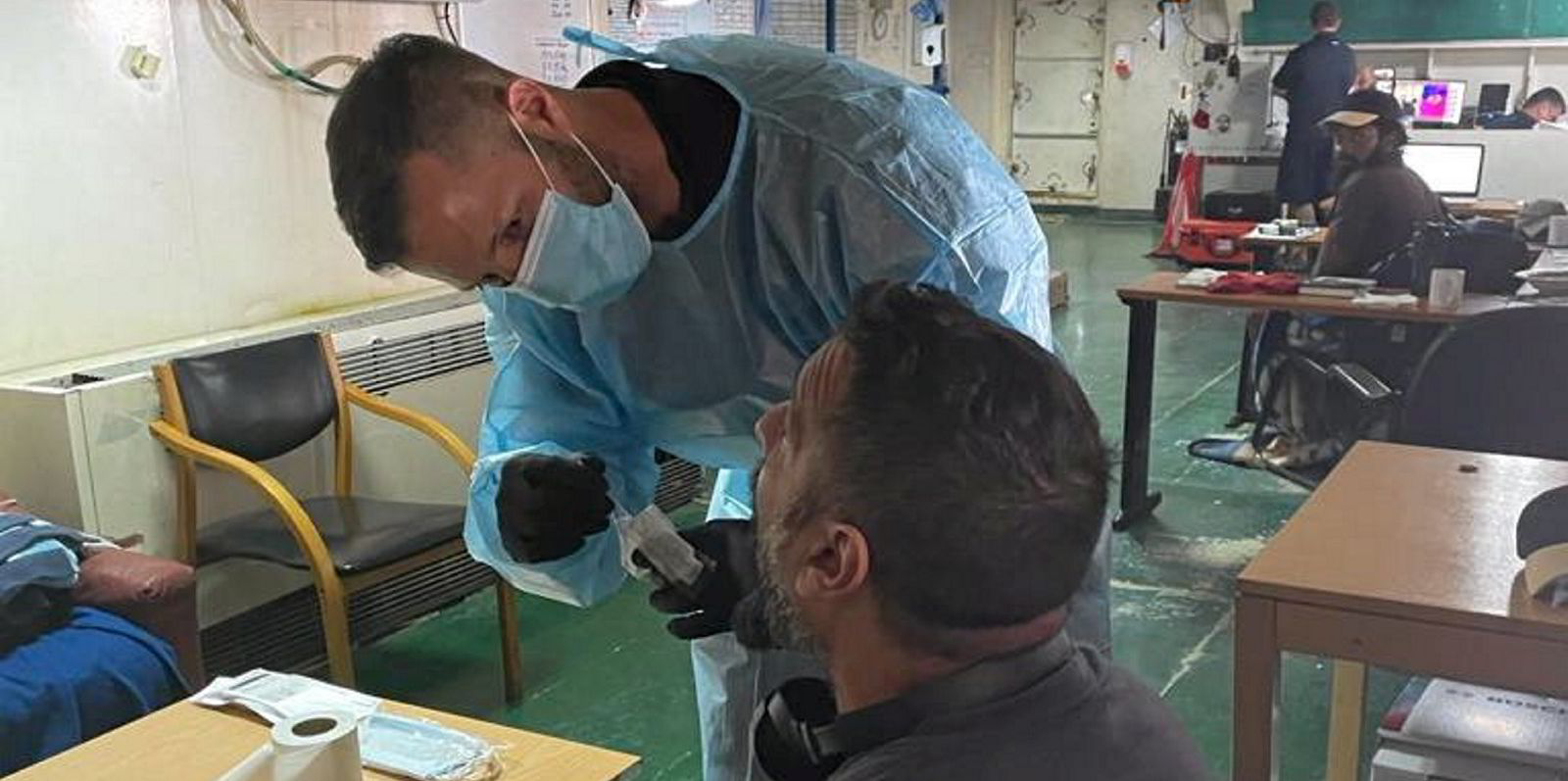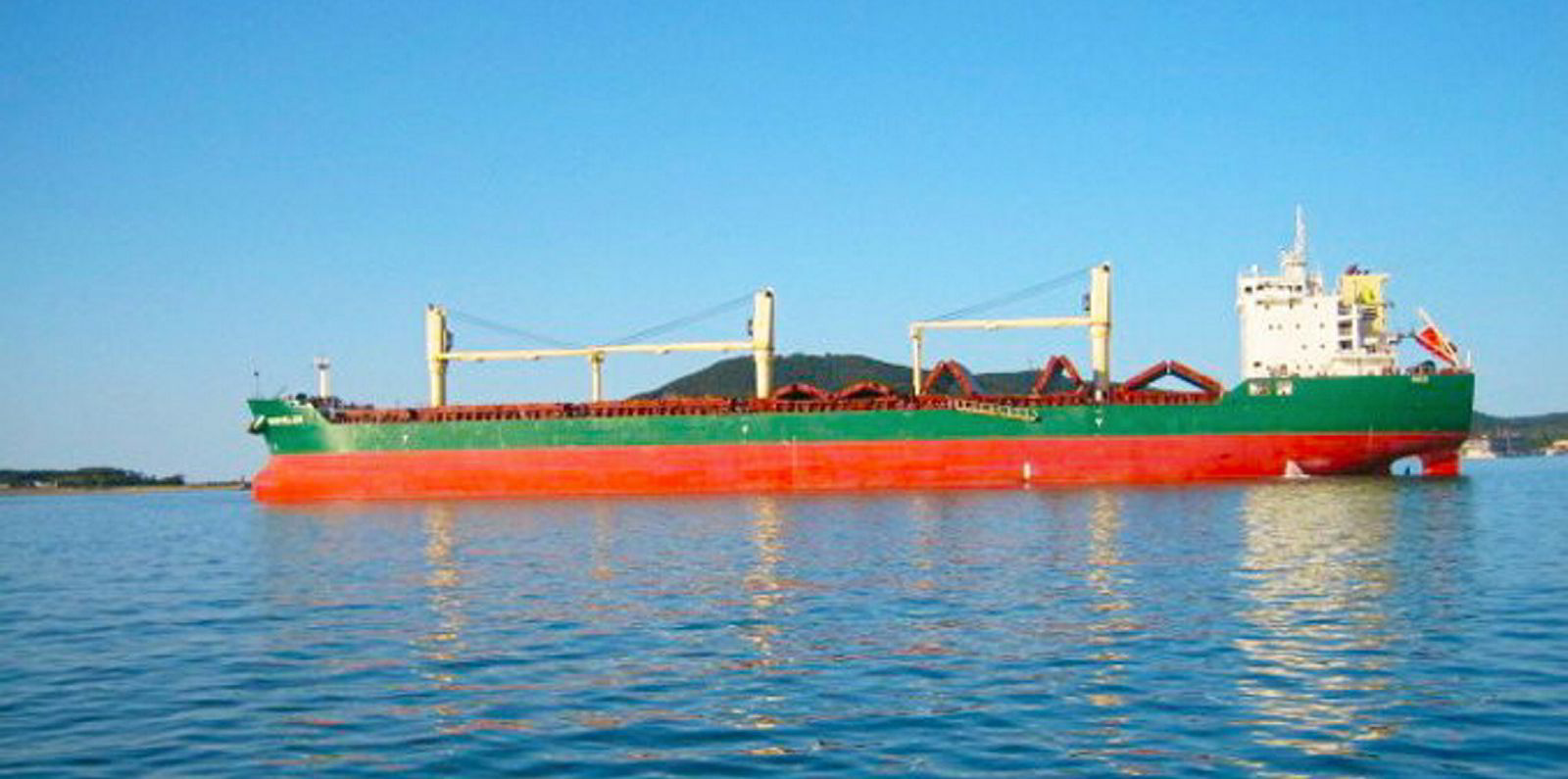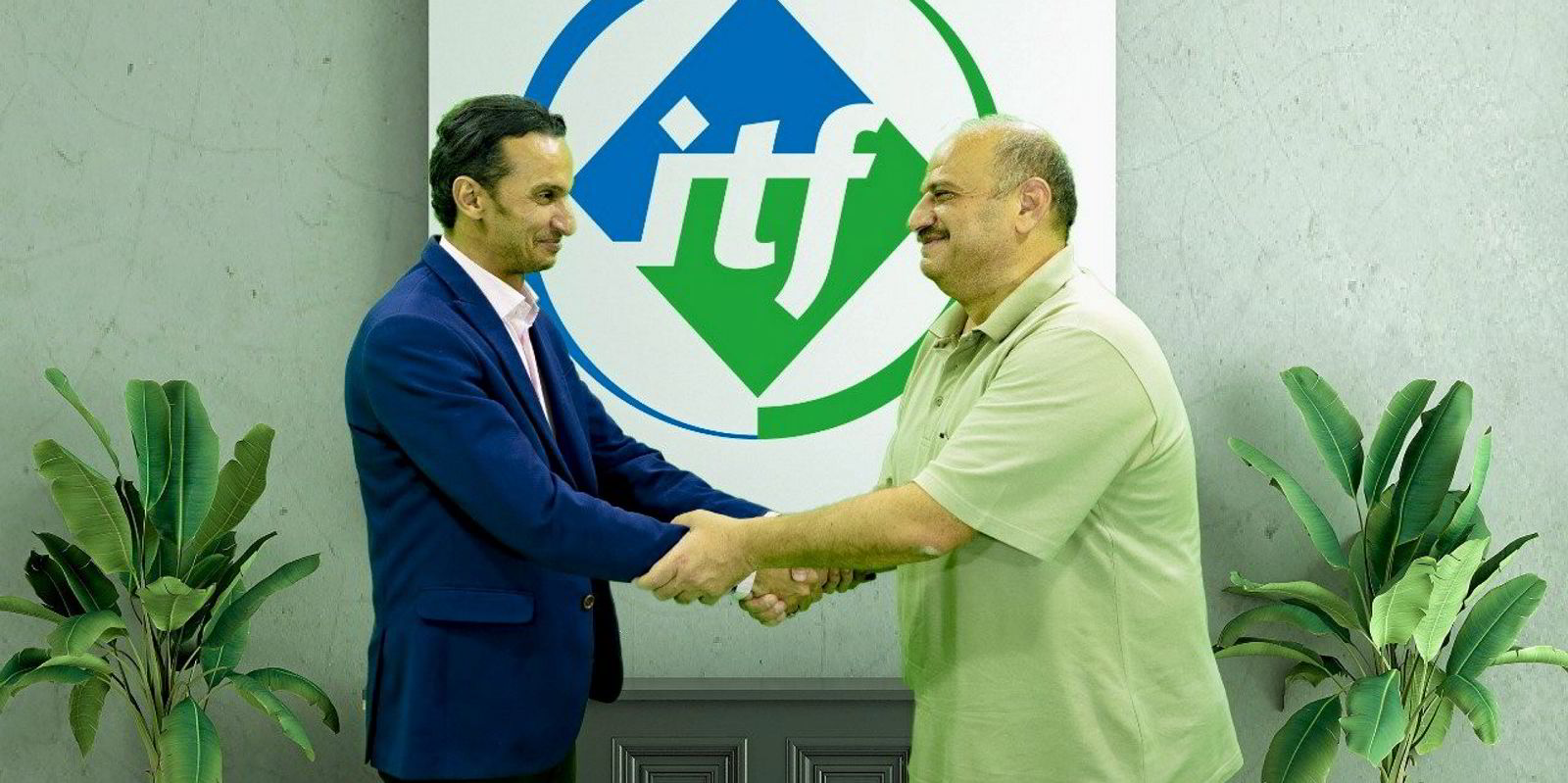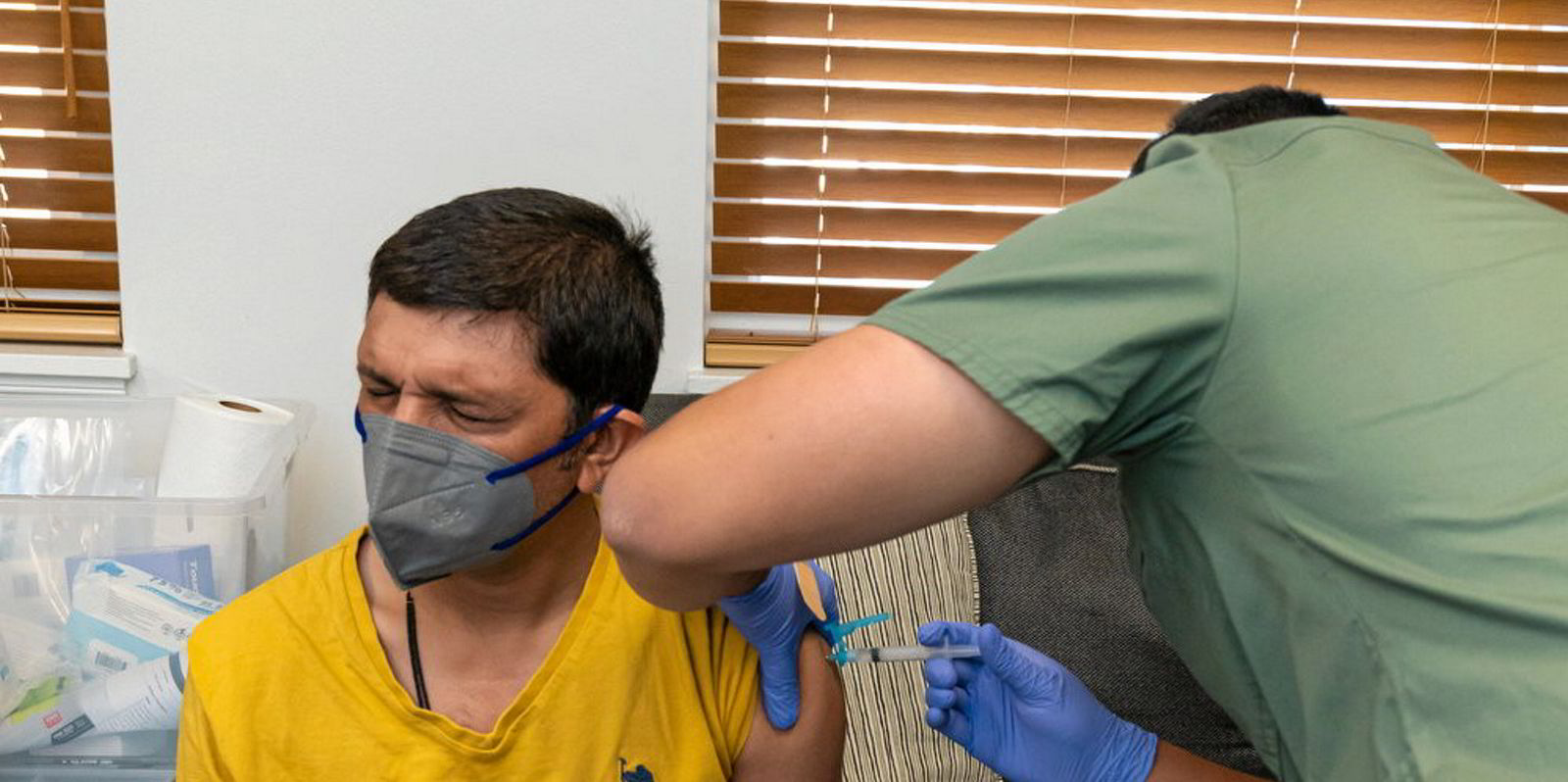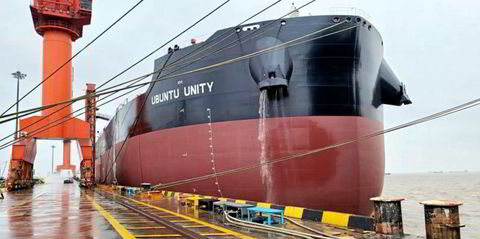UK shipowner MNG Maritime has cleared two floating armouries of Covid-19 with the help of bowls of sweets.
The London-based operator of vessels that house armed guards revealed to TradeWinds that an outbreak of the "scary" Delta variant was eradicated through war-gaming using different coloured Jelly Babies.
Two ships in the Gulf of Oman and the Red Sea were hit by a number of cases in May.
Managing director Mark Gray said: "We have finally cleared through the outbreak, on both vessels.
"A very interesting experience indeed, and has taken longer than we predicted because we kept reseeding from competitor platforms."
Unlike anything seen before
Before May, the company had only eight positive cases on board in 15 months.
But Gray said the new strain was unlike anything that had come before.
"In late May, we detected a case on each platform, and on one, the case had come directly from the other," he said.
Over the next two days, a further nine cases were found on one ship and 12 on the other.
"At this point, we realised that we were dealing with a strain that was so significantly more infectious than the others that we needed fast action, a comprehensive plan, and we had to stop it spreading further," Gray said.
Green: Jabbed or previously infected
Yellow: Negative test, unlikely to have been in close contact with carrier
Purple: Negative, but likely to have had close contact in past eight days with infected person
Red: Infected
The aim was to clear out infections and ensure that a guard who could be infected was never embarked onto a client ship, as well as imposing a system whereby the company could immediately detect anybody arriving with the new strain.
Gray believes the ability to test is critical and the company is helped by having two PCR test machines onboard the ships.
Additional tests bought in
But stocks amounted to between 100 and 200 PCR tests per ship, with a "target audience" of 250 people in the Red Sea and 120 in the Gulf of Oman, Gray explained.
He added that step one was to buy enough tests for everybody on both ships two or three times over, and keep them coming.
"We immediately bought over 4,000 antigen tests and had them shipped to the vessels, which took about two weeks," the former UK Marine colonel said.
Gray added that the operations team then sat down with a bowl of Jelly Babies, and a set of bowls to represent ships. The different coloured sweets reflected different levels of infection or likely infection.
"We solved it by sitting down with model ships and Jelly Babies of four different colours, and worked through isolation and infection day by day until we had modelled/war-gamed how to clear away the infection completely," Gray said.
From bowl to bowl
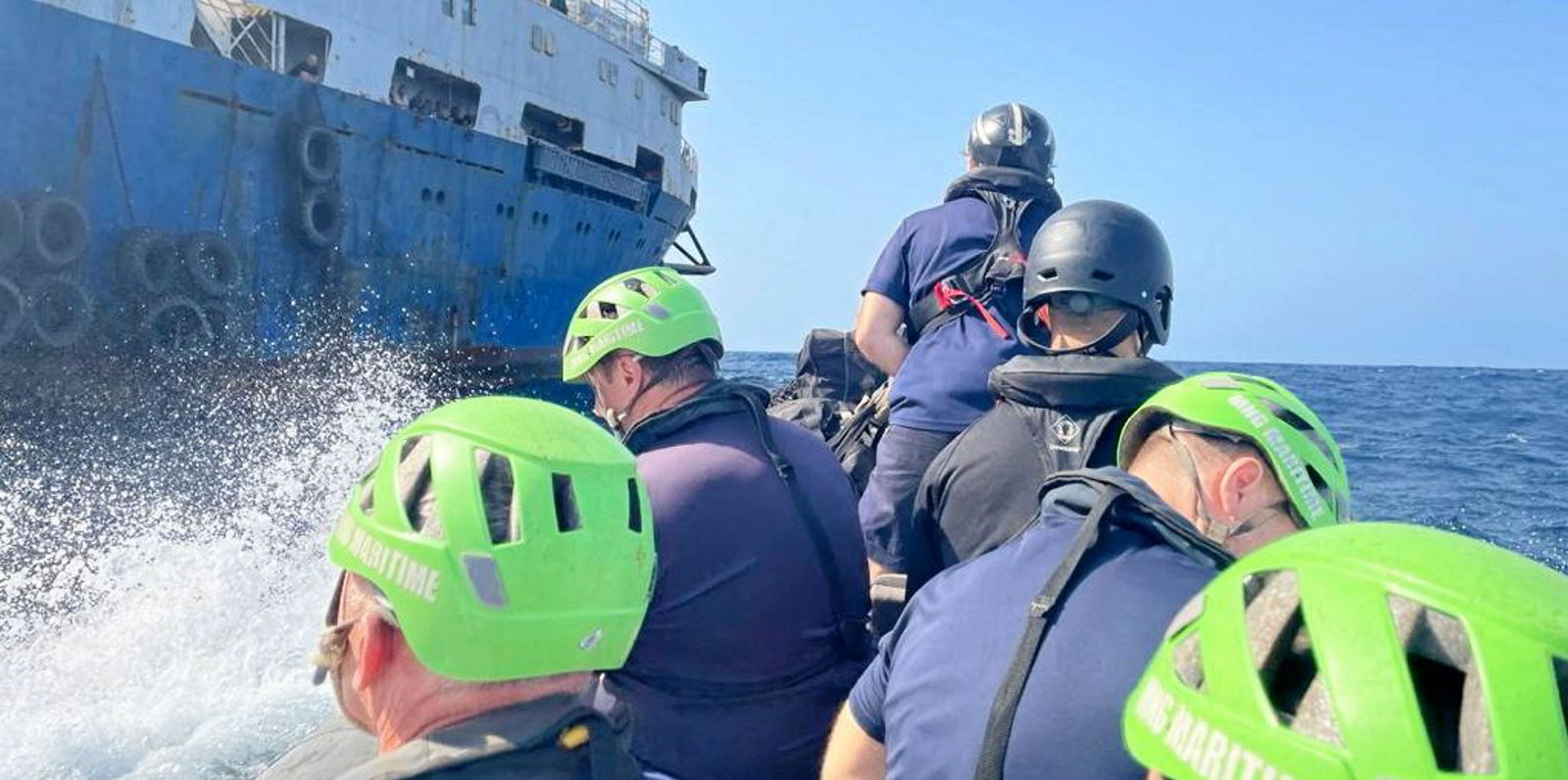
The sweets were moved to represent two weeks of embarking and disembarking clients from ship to ship, making the assumption that 50% of those who came into contact with positive cases would themselves become infected, before being free of the virus about 10 days later.
"We superimposed a system of testing all arrivals," Gray said. "We concluded that to clear out the infection, we would have also to conduct 100% testing of all on board at least bi-weekly."
On the MNG Pembroke in the Gulf of Oman, the initial infection rate was 29%. For the MNG Capt James Cook in the Red Sea, it was 18% as the ship is much larger and social distancing easier.
MNG has also studied in detail how long it took to clear people, how long was needed for secondary infections, and the strength of infectiousness on each day.
Personnel were separated in colour groups and tested over three weeks.
The company has had a policy of 100% testing of all new arrivals for the past two months.
Bi-weekly tests
The boss said MNG also now has bi-weekly 100% testing of all crew and passengers on board "to ensure that if any new infection were to slip through the net, we would catch it immediately".
"This week, for the first time since June, we have no cases at all on any of our platforms," Gray said. "We know this because we have now gone through three bi-weekly 100% tests, as well as a full week of arrival testing [a total of more than 1,000 tests] without a single positive result."
Gray admits a high incidence rate on the vessels, but said none of its rivals had been testing at the same rate or quality.
"I have seen competitors getting their shuttles quarantined in Egypt 24 hours after proclaiming that they have never had a Covid case on board," he said.
"The only sure way of knowing that vessels are clear is 100% regular testing."
